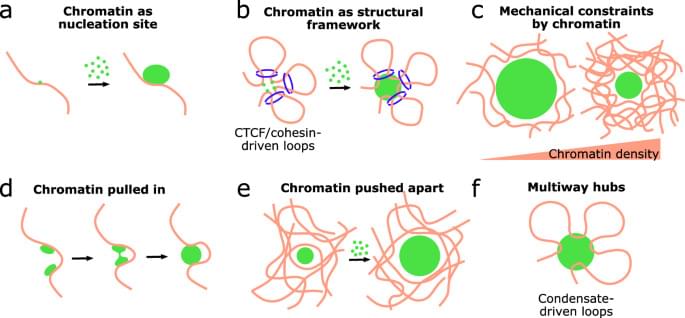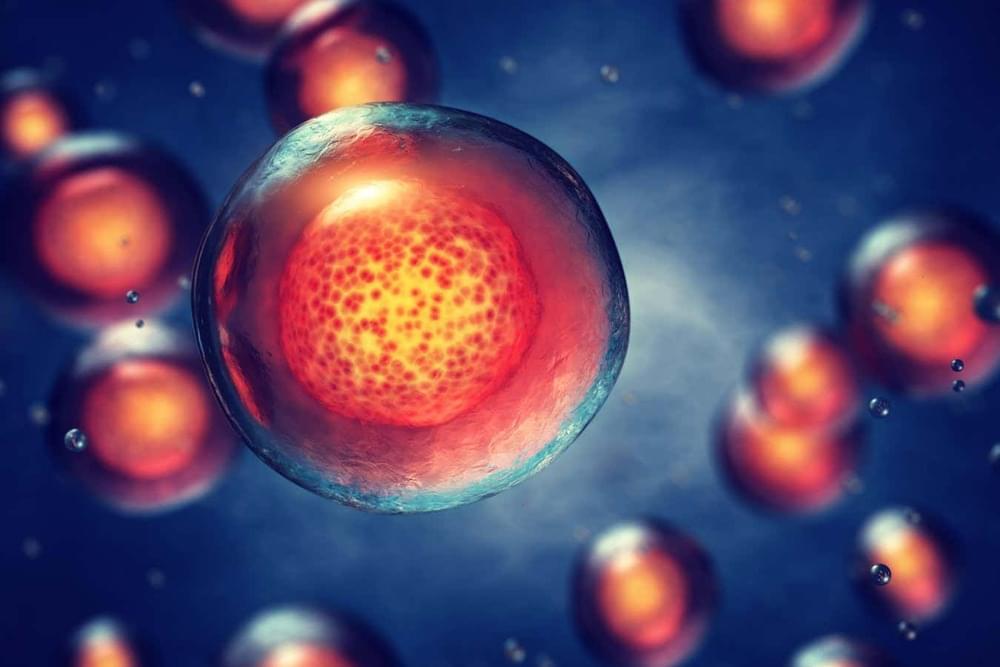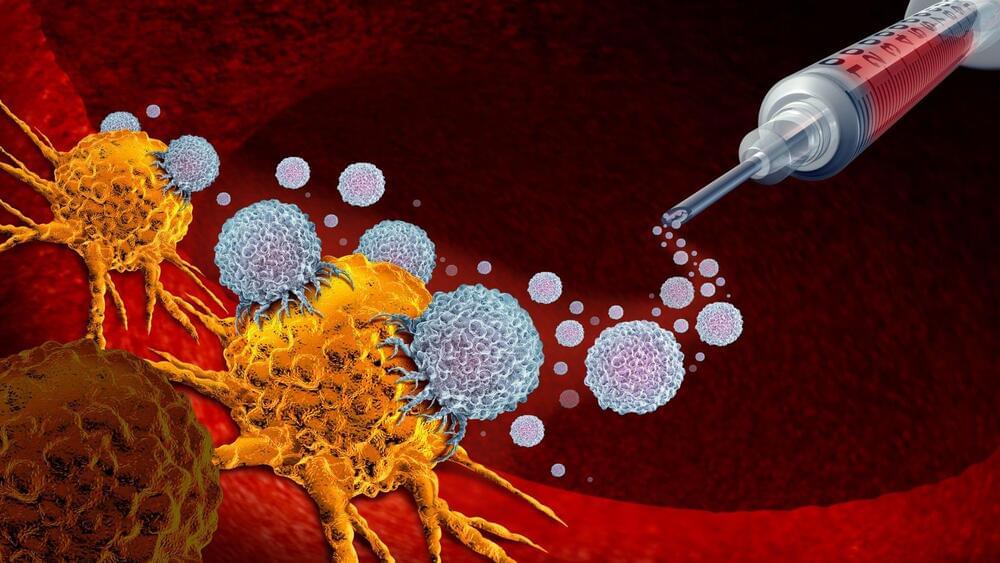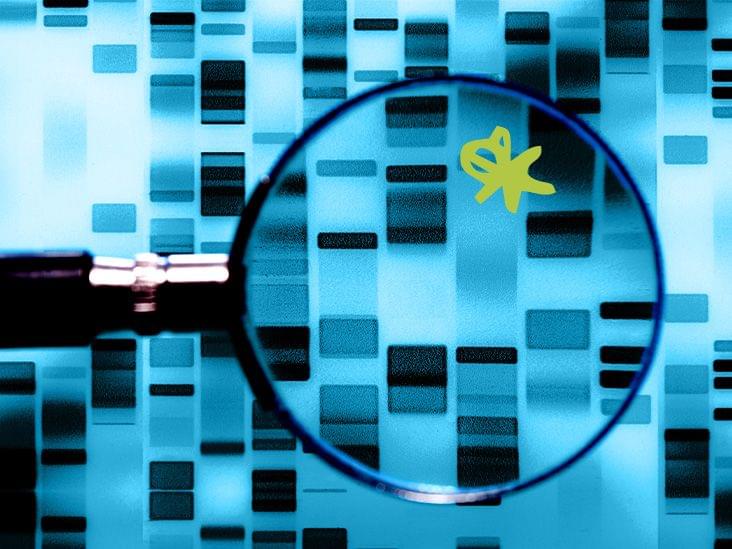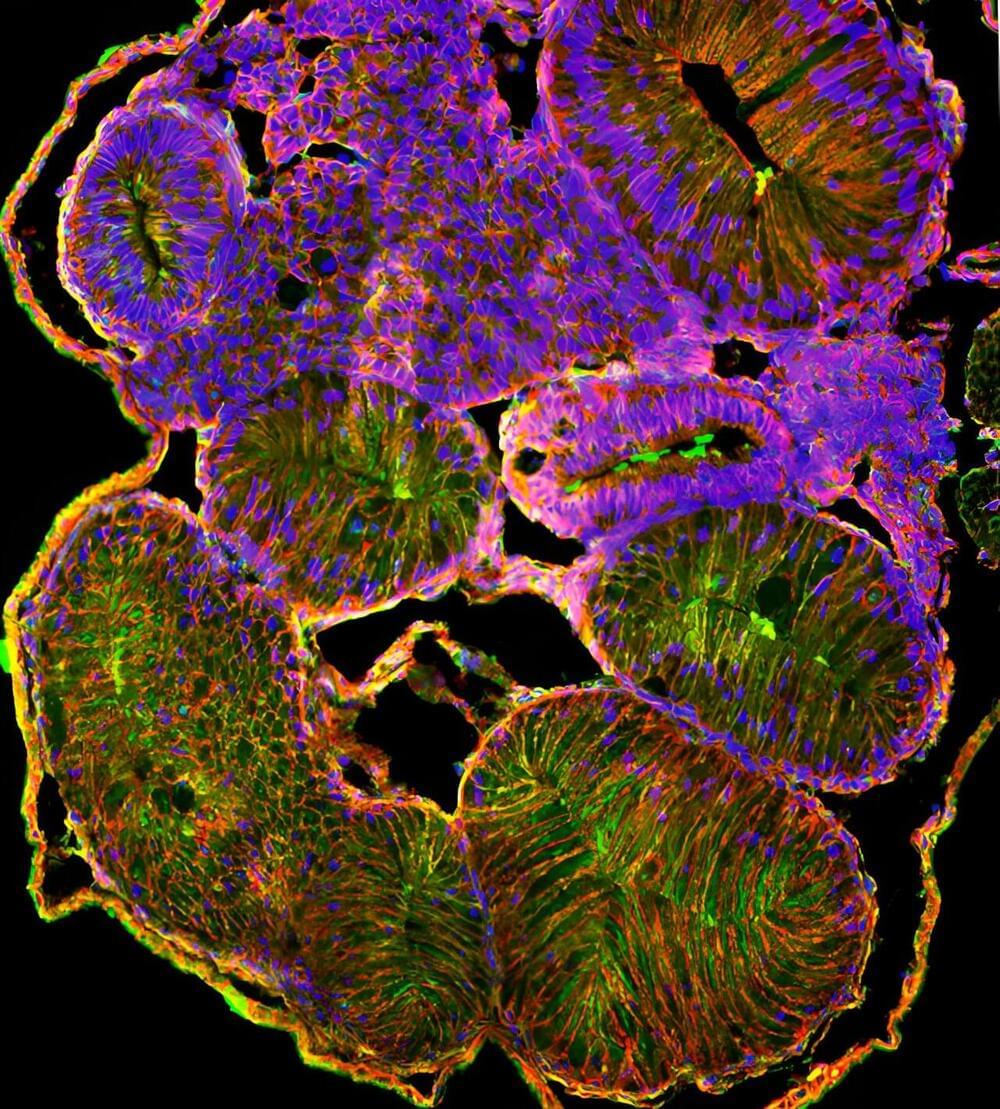
How does our intestine, which can be at least 15 feet long, fit properly inside our bodies? As our digestive system grows, the gut tube goes through a series of dramatic looping and rotation to package the lengthening intestine. Failure of the gut to rotate properly during development results in a prevalent, but poorly understood, birth anomaly called intestinal malrotation.
Now, in a study published in the journal Development, scientists from North Carolina State University have uncovered a potential cause of this life-threatening condition.
Intestinal malrotation affects 1 in 500 births but the underlying causes are not well understood. To find out why gut revolution could go amiss, scientists need to first understand intestinal rotation during normal development, a complex process that still baffles biologists.
